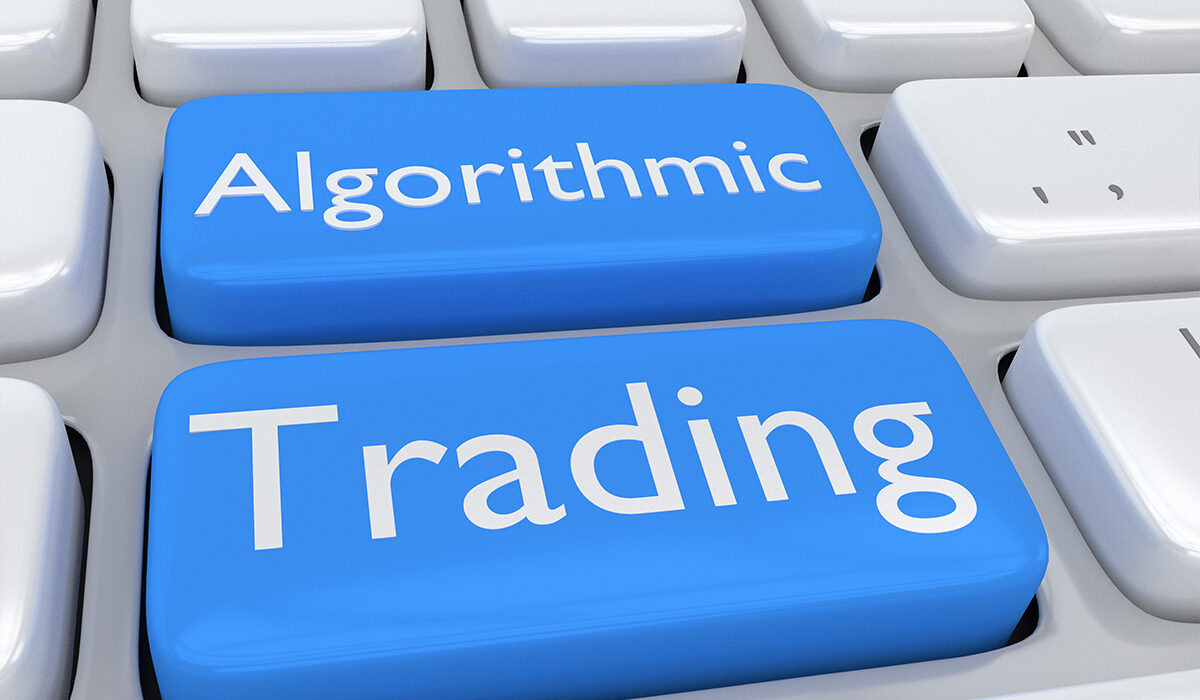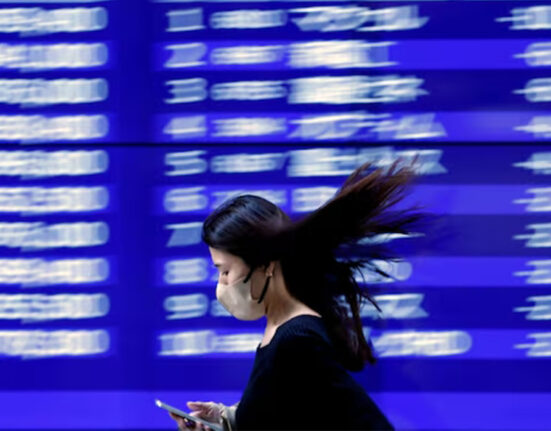Algorithmic trading has emerged as a giant in the ever-changing world of financial markets, impacting everyday transactions and guiding investment choices. This complex technique, also known as algo trading or automated trading, uses cutting-edge mathematical models and algorithms to carry out deals quickly. The contours of the financial markets have been irreversibly changed as a result of algorithmic trading’s enormous impact. The varied function of algorithmic trading in the financial markets is examined in this article.
The Advent of Algorithmic Trading
The introduction of computers to trading floors in the 1970s and 1980s marked the beginning of algorithmic trading. These algorithms were initially straightforward, but as technology developed, they became intricate and flexible instruments. The development of computerized trading platforms in the latter half of the 1990s and the beginning of the 2000s was crucial to the spread of algorithmic trading.
Benefits and Drawbacks of Algorithmic Trading
| Benefits | Drawbacks |
| Speed and precision – The speed at which algorithmic trading can execute orders is one of its main benefits. Prices in the financial markets are extremely erratic and can fluctuate in a matter of milliseconds. Algorithms can respond to changes in the market in microseconds, which is much faster than any human trader could. | Flash Crashes – The rapid execution of many sell orders by algorithms can occasionally have unforeseen repercussions, such as flash crashes, where markets crash in a matter of minutes. |
| Cost-Efficiency – Businesses can dramatically lower the expenses involved with hiring human traders by automating the trading process. The best pricing and the least amount of market influence are also found by algorithms, which can reduce the cost of the trades itself. | Market Manipulation – Algo trading can increase the impact of certain tactics like “quote stuffing” and “spoofing,” which can be used maliciously to manipulate market circumstances. |
| Elimination of Emotional Bias – Since algorithms adhere to stringent pre-established standards, they are unaffected by human emotions like fear or greed. This may result in trading methods that are more consistent and logical. | Over-Optimization – In real-world trading, algorithms that are too tuned to historical data may underperform since they may be basing their predictions on past market conditions that are not always indicative of future performance. |
Future Outlook
Algorithmic trading is anticipated to become more advanced and widespread as artificial intelligence and machine learning develop. Decentralized finance (DeFi) may also offer new channels and chances for algorithmic trading outside the realm of conventional financial institutions.












